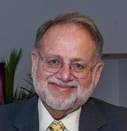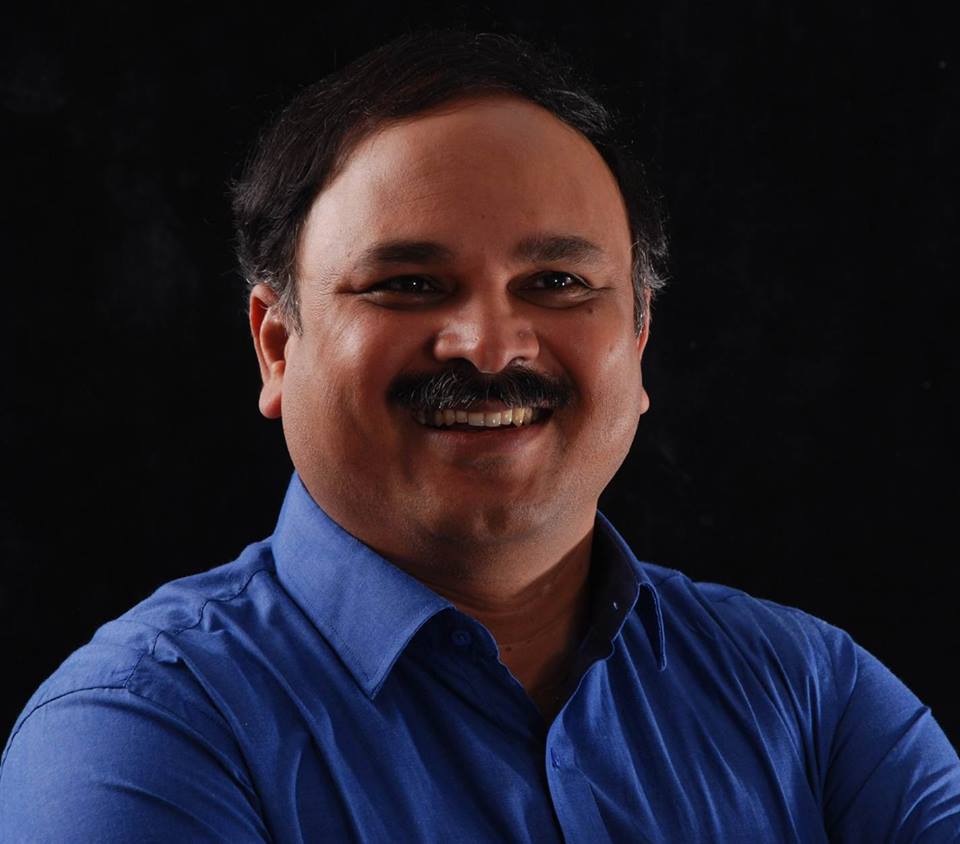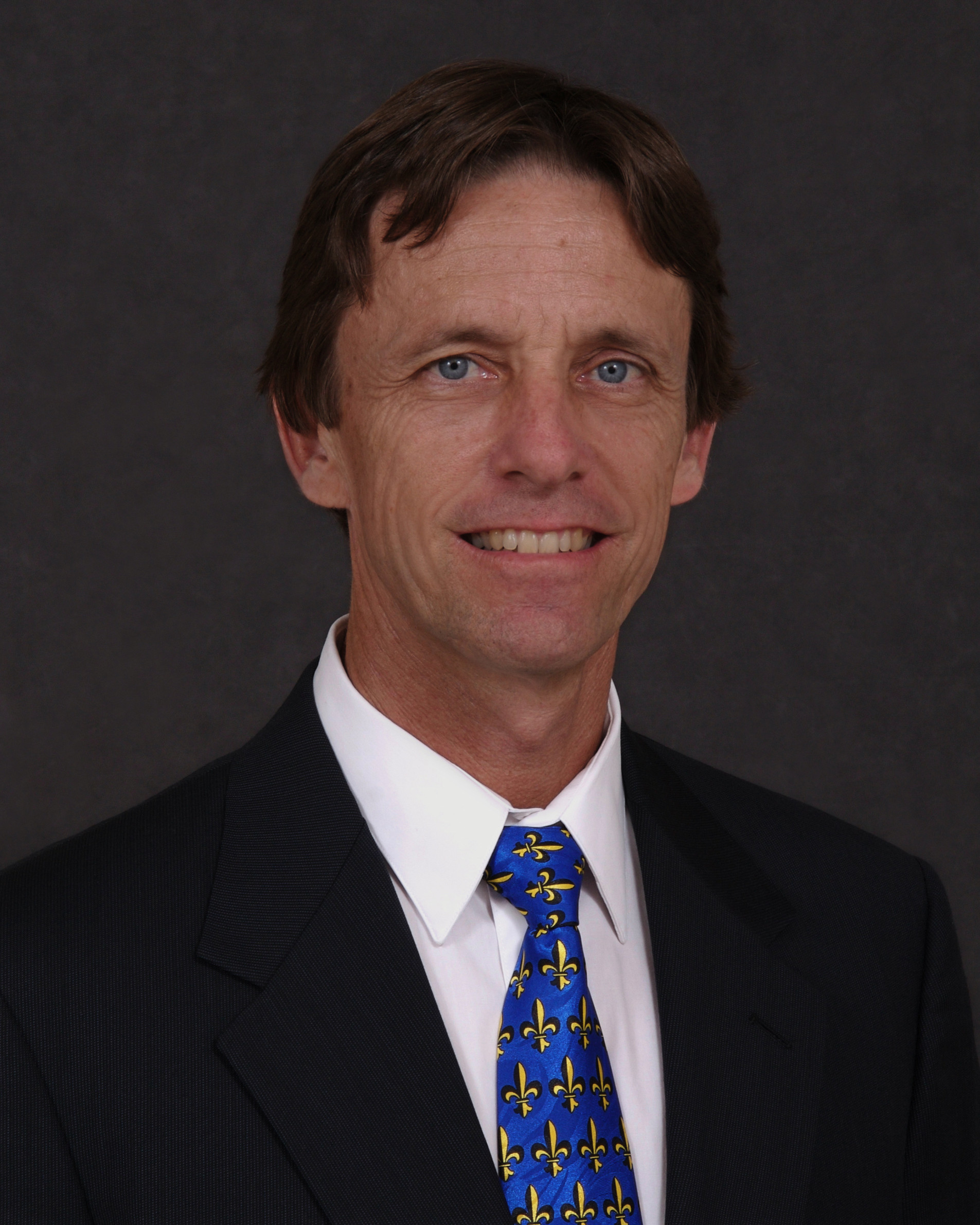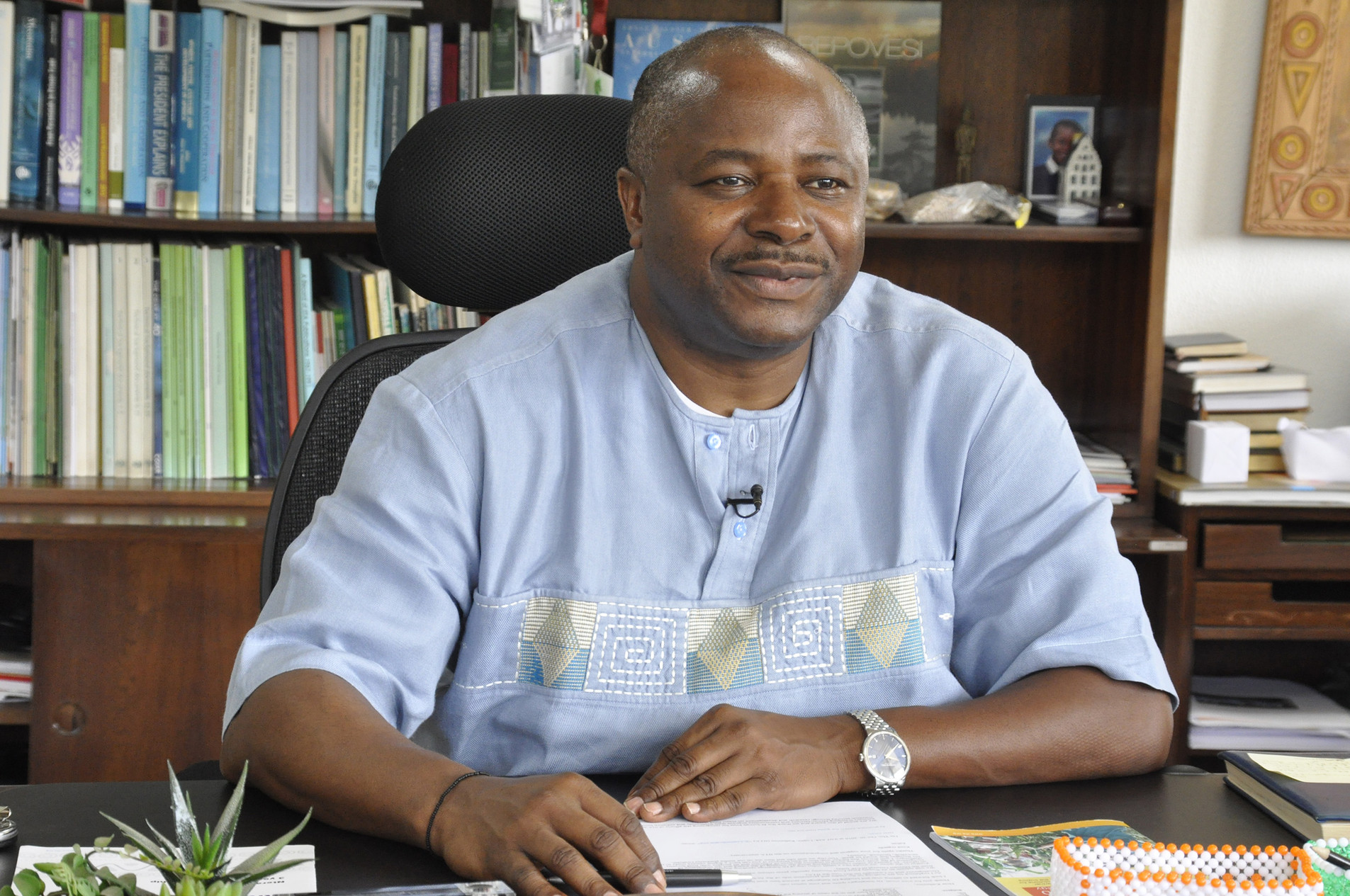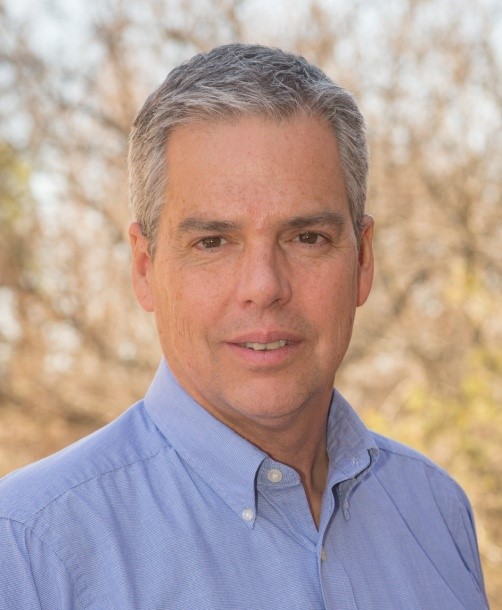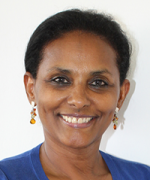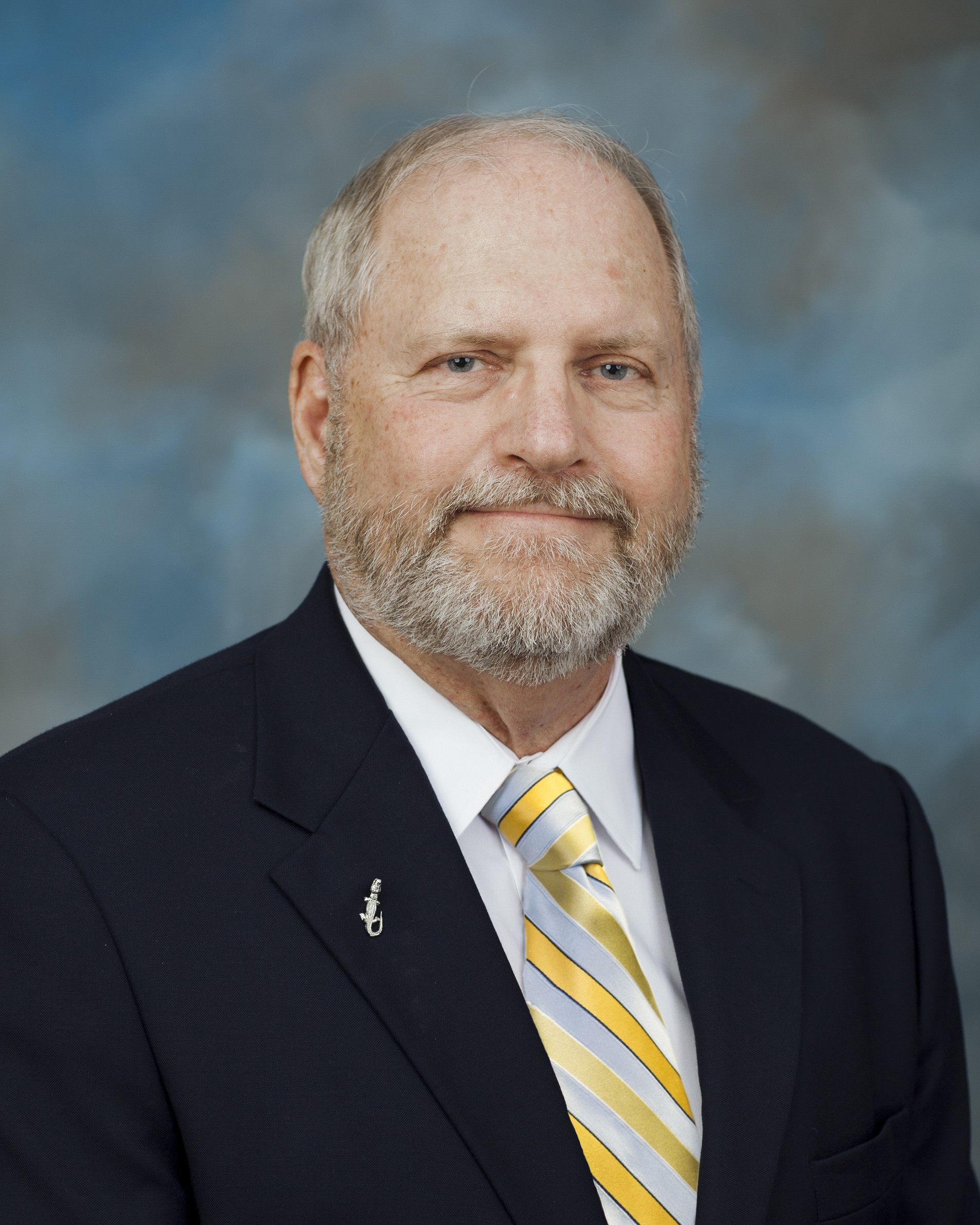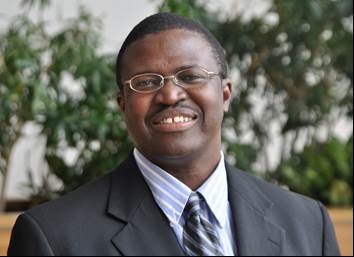Fall Armyworm: A Clear and Present Danger to African Food Security
Event Description:
A discussion based on the presentation by Pedro Sanchez during the Wednesday Dialogue session.
Speakers:
|
Spanning a career of over 50 years, Pedro A. Sanchez has led path-breaking research on soil management for improved food production in environmentally appropriate ways in the tropical world. His work has influenced research in agronomy and ecology, and changed the way technology is used to increase food production. Pedro was born and raised in Cuba on his family´s farm and obtained his BS, MS and PhD degrees at Cornell University and is a research professor of tropical soils at the University of Florida. He is the 2002 World Food Prize laureate, a 2004 MacArthur Fellow, and was elected to the US National Academy of Sciences in 2012. He also serves in the US President´s Committee for the National Medal of Science.
|
||
|
Dr. Prasanna Boddupalli is the Director of CIMMYT Global Maize Program & CGIAR Research Program MAIZE. A maize geneticist and breeder by training, and with more than 25 years of experience, Prasanna leads a multi-disciplinary team of CIMMYT maize scientists located in sub-Saharan Africa, Latin America and Asia, and provides technical oversight to an array of multi-institutional projects led by CIMMYT, including Stress Tolerant Maize for Africa (DTMA), Heat Tolerant Maize for Asia (HTMA), etc. Since 2012, Prasanna has successfully coordinated the rapid response to the Maize Lethal Necrosis MLN) epidemic in eastern Africa, leading to development and deployment of elite MLN resistant maize varieties, and implementation of MLN diagnostics and management across Africa through extensive public-private partnerships. He is intensively engaged in the ongoing initiatives against the Fall Armyworm in Africa. Prasanna obtained his PhD degree in 1991 from the Indian Agricultural Research Institute, New Delhi, and subsequently undertook post-doctoral work at University of California, Berkeley, USA. Prior to joining CIMMYT in 2010, he played a key role in the implementation of Asian Maize Biotechnology Network (AMBIONET) program across six countries in Asia during 1998-2005, and served as Indian Council of Agricultural Research National Fellow at New Delhi during 2005-2010. He has published more than 125 research articles in international journals of repute, and received several national and international awards for his contributions to maize research and development, excellence in post- graduate teaching, and human resource development. |
||
|
Dr. Gregg S. Nuessly joined the University of Florida in 1989. Working within one of the largest agricultural production counties in the United States, he conducts pest management research, including host plant resistance, on a wide range of pests associated with fruiting, leafy green and leafy brassica vegetables; sweet and field corn; sweet sorghum for biofuel; sugarcane; and turfgrass. In 2013, he became the director of the University of Florida Institute of Food and Agricultural Sciences Everglades Research and Education Center. Nuessly received a B.S. in biology from the University of California, Irvine, in 1978, his M.S. in entomology from the University of California, Riverside, in 1981, and his Ph.D. in entomology from Texas A&M University, where he studied biotic and abiotic factors affecting corn earworm on east Texas cotton. |
||
|
Dr Nteranya Sanginga is a highly respected scientist and research administrator with more than 30 years of experience in research management, resource mobilization and project management, developing partnerships and institutional linkages, institution building, managing complex structures and systems, capacity building, and agricultural research and development, particularly in applied microbial ecology, plant nutrition, and integrated natural resources management in Africa, Latin America, and Southeast Asia, having worked with the University of Zimbabwe, the International Institute of Tropical Agriculture (IITA), International Atomic Energy Agency in Austria, and Tropical Soil Biology and Fertility (TSBF) Institute of CIAT (International Center for Tropical Agriculture). He is serving his second term as Director General of IITA. Before joining IITA as Director General, he was the executive director of CIAT-TSBF from 2003 to 2011. Dr Sanginga played a major role in the creation of the Consortium for Improving Agriculture- based Livelihoods in Central Africa (CIALCA). Some of his successful initiatives include creating and mentoring the IITA Youth Agripreneurs, which has become a model for a huge pan-African program involving more than 30 countries that would create jobs through youth engagement in agribusiness; establishing the IITA Business Incubation Platform, where proven technologies are being successfully commercialized, including Aflasafe and NoduMax, two biocontrol products that are now being adopted by farmers; strengthening the natural resource management focus of IITA’s research; reorienting the IITA research agenda to focus on delivery and impact on smallholder farmers; and pushing for the modernization and transformation of African agriculture, to name a few. |
||
|
As Director of Collaborations for Developing Countries, Mark leads Monsanto’s collaborations with public-private partnership projects to improve food security and rural livelihood among smallholder maize producers in Sub-Saharan Africa.The WEMA (Water Efficient Maize for Africa) project is the signature project he leads. The WEMA project develops new drought-tolerant and insect pest-protected maize hybrids and provides the technology royalty-free. It helps build technical capacity in Africa to use conventional and molecular breeding as well as biotechnology. Mark grew up on a corn, soybean and livestock farm in Iowa. His background before joining Monsanto includes experience in biotech research; many aspects of managing seed business development as well as the grain export business. He has a B.S. from Iowa State University, a M.S. in Genetics from the University of California at Davis, and an MBA from Drake University. |
||
|
Dr. Kelemu is the Director General of the International Center of Insect Physiology and Ecology (icipe) Nairobi, Kenya. She is the fourth chief executive officer, and the first woman to lead icipe. Dr. Kelemu, a native of Ethiopia, is a molecular plant pathologist with emphasis on elucidation of molecular determinants of host-pathogen interactions, development of novel plant disease control strategies including genetic engineering, biopesticides, pathogen population genetics and dynamics, and endophytic microbes and their role in plant development. She has experienced the challenges and successes associated with African agriculture first-hand, from tending the field to directing a world-class laboratory. |
||
|
Jack Payne has led the University of Florida’s Institute of Food and Agricultural Sciences (UF/IFAS) since 2010. Under his leadership, UF/IFAS has launched the Institute for Sustainable Food Systems, the Challenge 2050 undergraduate education program, and the Plant Innovation Center. It has also greatly expanded its international involvement through UF/IFAS Global. He recently convened a campuswide working group on Africa to coordinate UF’s expertise and increase its impact on the continent. Payne has served at five public land-grant universities, including Iowa State University, where he was Vice President for Extension and Outreach. Payne received his M.S. in aquatic ecology and his Ph.D. in wildlife ecology from Utah State University and is a graduate of the Institute for Educational Management at Harvard University. |
||
|
Dr. Martin Fregene is a plant geneticist and molecular breeder with over 25 years of research and development experience at two International Agricultural Research Centers (IARCs), a renowned Plant Science Center in the U.S., and the Federal Ministry of Agriculture and Rural Development (FMARD) of Nigeria - as Chief Technical Adviser to the erstwhile Minister of Agriculture, and as Adviser to the Vice President of Agriculture, Human, and Social Development at the African Development Bank (AfDB), Dr. Jennifer Blanke. He is currently working on implementation of a bold initiative of the Bank, the Feed Africa Strategy. Specifically, he is designing and executing the Transformation of African Savannah Initiative, or TASI, a science and technology–based initiative, that seeks to transform 16 million Ha of African Savannah across eight African countries into breadbaskets producing 50 million MT of maize, 30 million MT of soybean, and 10 million MT of livestock within 25 years via new private sector investments and climate-smart agriculture. |



